 A year ago, a member of the Greek Parliament, Mrs. Repousi, who belongs to the leftish political party of DEMAR (Democratic Left) provoked a series of reactions in the media with two statements (each set apart by a couple of days) that she made during discussions concerning changes in the educational system. Continue reading “Cultural Sensibilities”
A year ago, a member of the Greek Parliament, Mrs. Repousi, who belongs to the leftish political party of DEMAR (Democratic Left) provoked a series of reactions in the media with two statements (each set apart by a couple of days) that she made during discussions concerning changes in the educational system. Continue reading “Cultural Sensibilities”
A Spoonful of Football!
Traditional? Why not?!
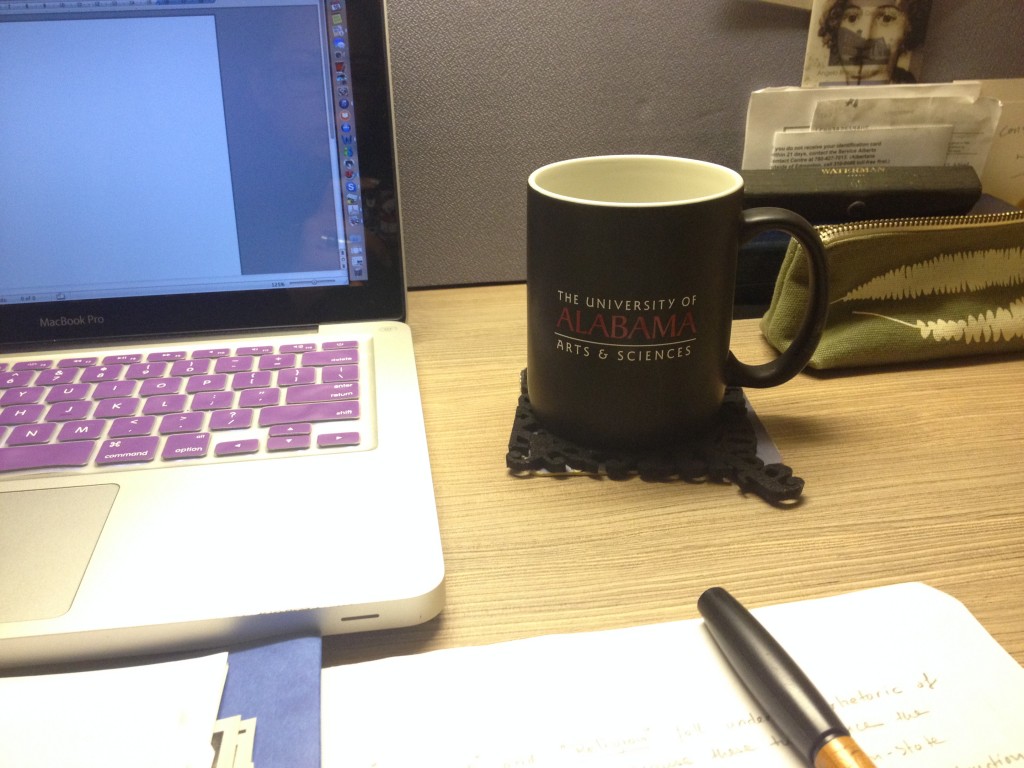 As I got back to working on my dissertation’s chapter on tradition a question kept coming up: “What’s a tradition?” It’s the question that hunts me day and night. How do we talk about this? Is it all around us? When do we say this is tradition or traditional and what do we accomplish by saying this? Is tradition even a thing (invented or not) or is it a process?
As I got back to working on my dissertation’s chapter on tradition a question kept coming up: “What’s a tradition?” It’s the question that hunts me day and night. How do we talk about this? Is it all around us? When do we say this is tradition or traditional and what do we accomplish by saying this? Is tradition even a thing (invented or not) or is it a process?
No doubt you’ll read some great insights on the issue in an upcoming volume from Culture on the Edge (in an essay by Craig Martin). But wait…Spoilers!! Until then, I’m left to try and solve or complicate this notion of tradition on my own. Continue reading “Traditional? Why not?!”
Who Are You? I’m Vaia and Touna
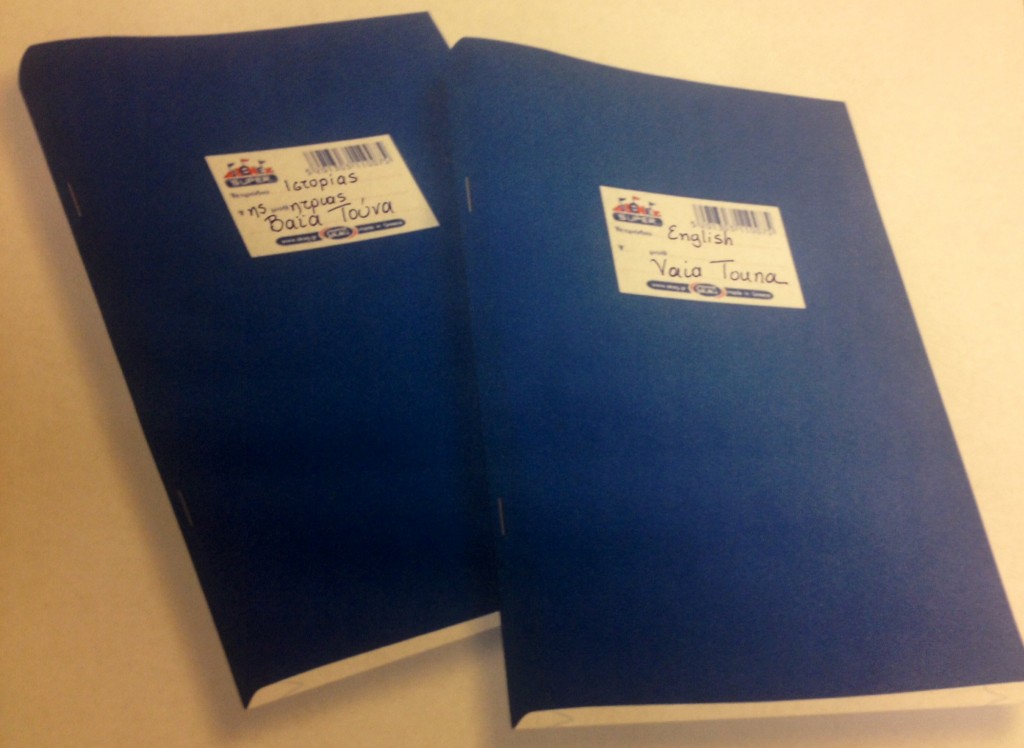
“Who Are You?” is an ongoing series that asks members of Culture on the Edge to reflect on one of their own many identities (whether national, gendered, racial, familial, etc.), theorizing at the same time the self-identification that they each chose to discuss.
Who we are comes with a name and mine is Vaia, or better said, Vaia Touna. It’s interesting that the name that we come to think that is so much part of who we are was chosen and given to us by others, most likely by our parents. Who we are and how we perceive ourselves is certainly socially constructed, that is, there is nothing inherent in the name we are given, for think about how much teaching and training was involved until we learned to respond to this specific name. Continue reading “Who Are You? I’m Vaia and Touna”
Pack Your Camera, We are Going on a Trip
 Russell McCutcheon’s post yesterday made me think of a recent trip I took to New York City with two friends, and Culture on the Edge’s members, Monica Miller and Leslie Dorrough Smith, before a workshop on Code Switching hosted by Monica Miller at Lehigh University. The reason that I was reminded of this trip is because the first night, as we were driving back to our hotel, we came across a view of Manhattan by night which was exactly as you see it in movies and postcards. Of course we decided to stop and enjoy the view, but simply watching Manhattan by night seemed not enough—maybe because, as I said, that’s a view you see in movies and it seemed somehow surreal that I was there, as if I was living someone else’s dream; so we immediately started taking pictures of that beautiful scene anticipating posting on FB for friends and family to see it too. Continue reading “Pack Your Camera, We are Going on a Trip”
Russell McCutcheon’s post yesterday made me think of a recent trip I took to New York City with two friends, and Culture on the Edge’s members, Monica Miller and Leslie Dorrough Smith, before a workshop on Code Switching hosted by Monica Miller at Lehigh University. The reason that I was reminded of this trip is because the first night, as we were driving back to our hotel, we came across a view of Manhattan by night which was exactly as you see it in movies and postcards. Of course we decided to stop and enjoy the view, but simply watching Manhattan by night seemed not enough—maybe because, as I said, that’s a view you see in movies and it seemed somehow surreal that I was there, as if I was living someone else’s dream; so we immediately started taking pictures of that beautiful scene anticipating posting on FB for friends and family to see it too. Continue reading “Pack Your Camera, We are Going on a Trip”
The Luxury of Nuance
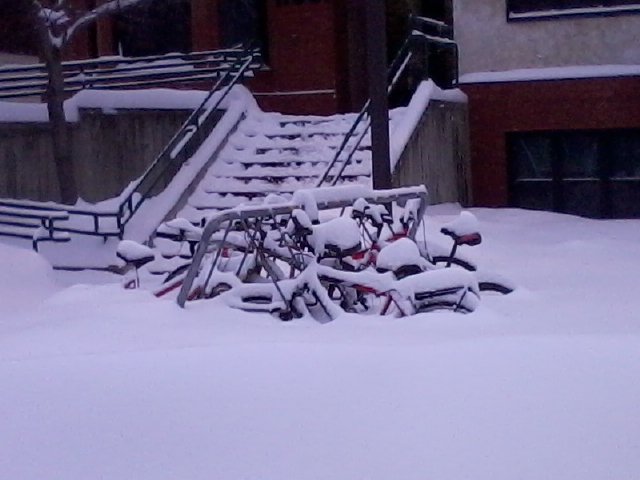 The first time I came to Edmonton, Canada, was in March of 2010, in order to give a paper at a conference, and, since I had applied for a Ph.D. there, to also see the city—not knowing though whether I was yet accepted at the program or not. That was the first time I had been so far north and the only thing I knew for sure was that Canada is cold (that the temperature could get as low as -30C (-22F) was beyond what my imagination could grasp). Continue reading “The Luxury of Nuance”
The first time I came to Edmonton, Canada, was in March of 2010, in order to give a paper at a conference, and, since I had applied for a Ph.D. there, to also see the city—not knowing though whether I was yet accepted at the program or not. That was the first time I had been so far north and the only thing I knew for sure was that Canada is cold (that the temperature could get as low as -30C (-22F) was beyond what my imagination could grasp). Continue reading “The Luxury of Nuance”
Which Past Do You Authorize?

I’m testing a theory, if tomorrow’s present is yesterday’s future-not-imagined, then every present justifies its presence by clinging onto a past not considered previously, by which it will then imagine a different future and so on. Continue reading “Which Past Do You Authorize?”
Who Are You? I’m Greek
 “Who Are You?” asks members of Culture on the Edge to reflect
“Who Are You?” asks members of Culture on the Edge to reflect
on one of their own many identities (whether national, gendered,
racial, familial, etc.), theorizing at the same time the self-
identification that they each chose to discuss.
Although we all have many identities my national identity is what comes first in mind especially now that I’m away from Greece. I suppose when you are asked to remember the first time you realized you were of a certain nationality is not that easy. I’m Greek! I was born in Athens and grew up in Thessaloniki and it sure fills me with pride when I’m asked to show around and talk about my ancient Greek heritage, which I see is of great interest to my North American friends and not only. Of course this pride has its ups and downs, especially when I’m asked about the current politico-economic situation in Greece…. Anyways! Continue reading “Who Are You? I’m Greek”
On Discourse
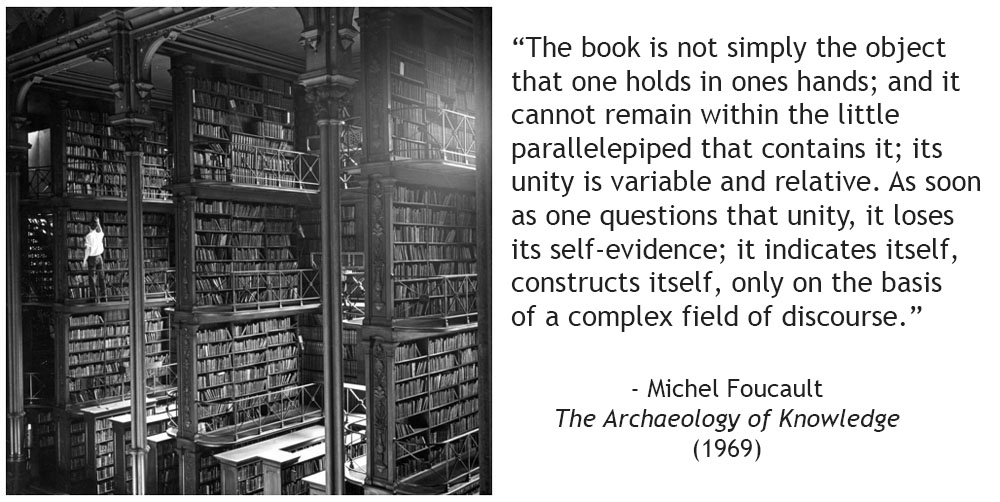 Read more.
Read more.
“Hoi Polloi”
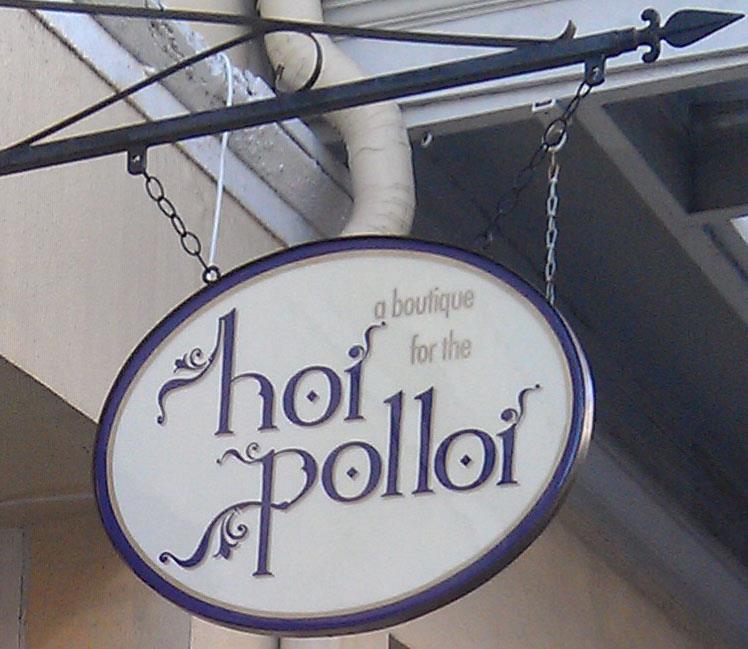 As a native Greek speaker, the words in English that give me most trouble—especially when I find myself at various conferences or lectures in North America that involve, in some way or another, the use of Ancient Greek—is the pronunciation of those words. I admit that I can’t resist the temptation of correction for example whenever I hear Thucydides (pronounced: Thu-si-di-dees) instead of Θουκυδίδης (pronounced: Thu-ky-theē-thees). But once I found myself in an awkward position where context made the text if not unrecognizable but certainly irrelevant. Continue reading ““Hoi Polloi””
As a native Greek speaker, the words in English that give me most trouble—especially when I find myself at various conferences or lectures in North America that involve, in some way or another, the use of Ancient Greek—is the pronunciation of those words. I admit that I can’t resist the temptation of correction for example whenever I hear Thucydides (pronounced: Thu-si-di-dees) instead of Θουκυδίδης (pronounced: Thu-ky-theē-thees). But once I found myself in an awkward position where context made the text if not unrecognizable but certainly irrelevant. Continue reading ““Hoi Polloi””

 Here comes
Here comes